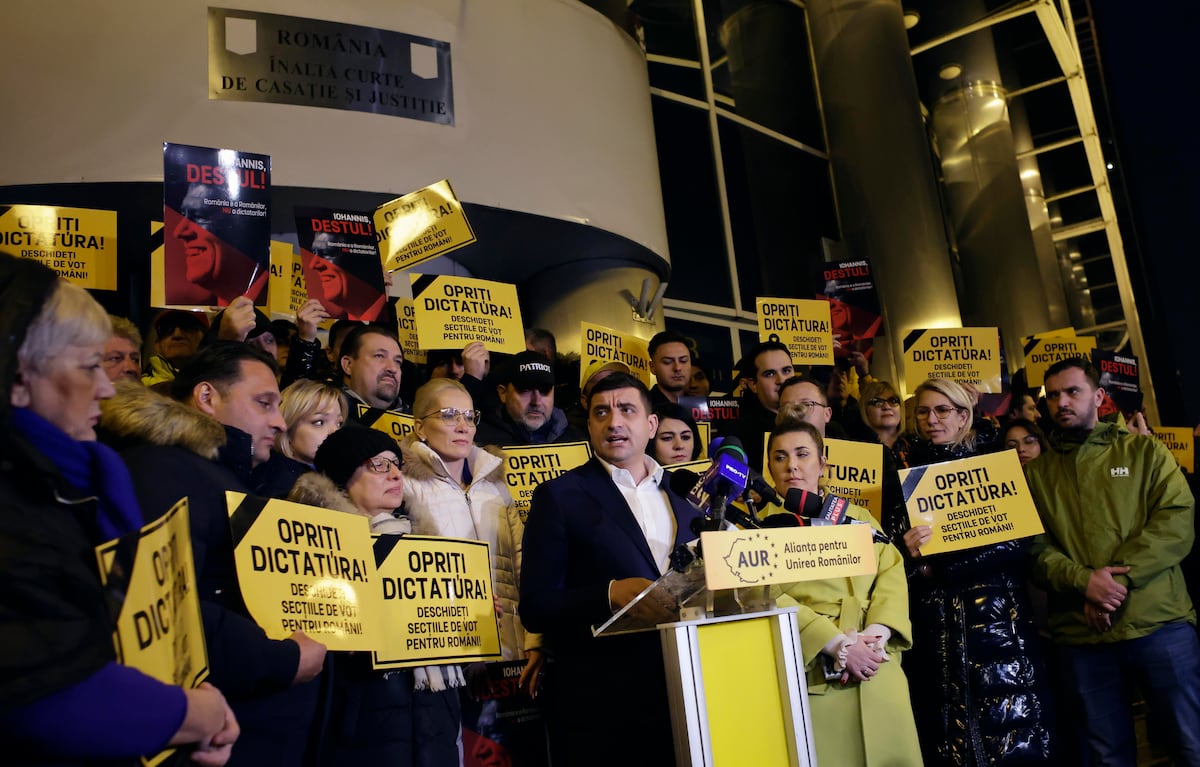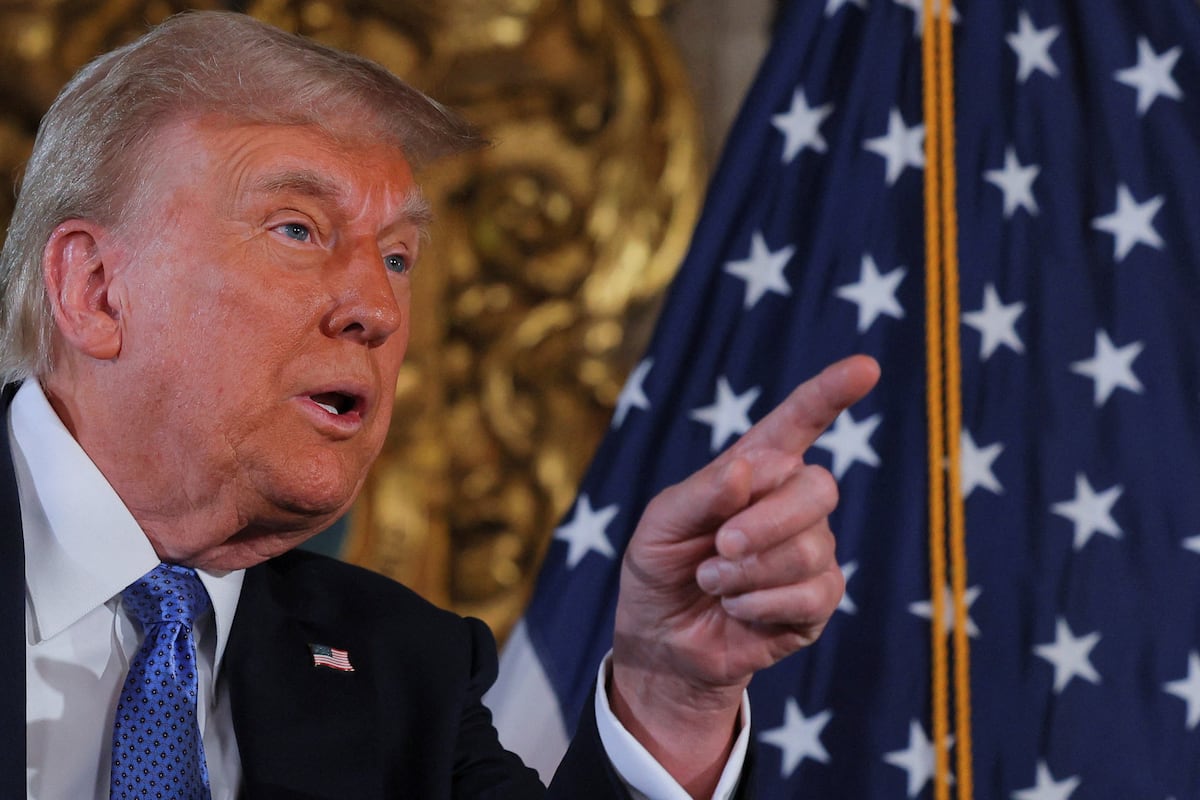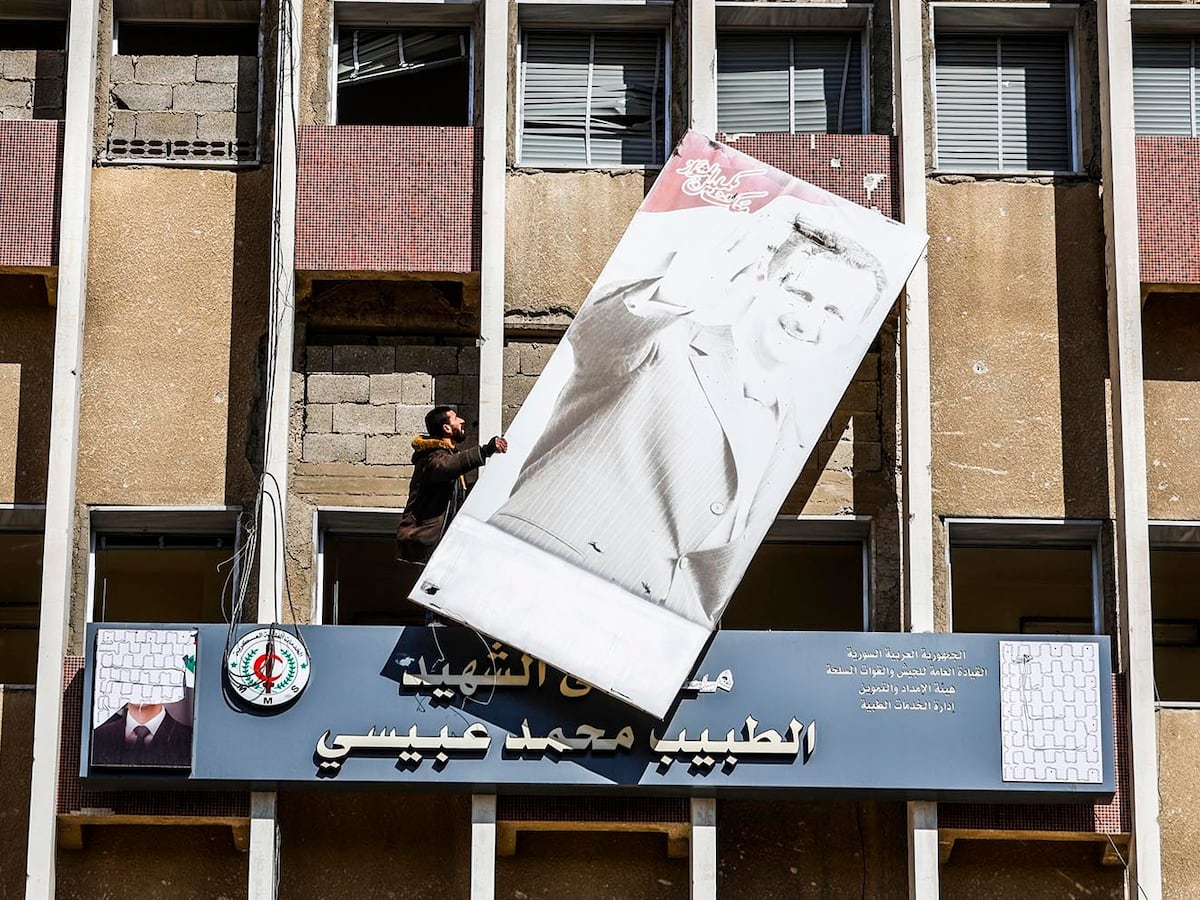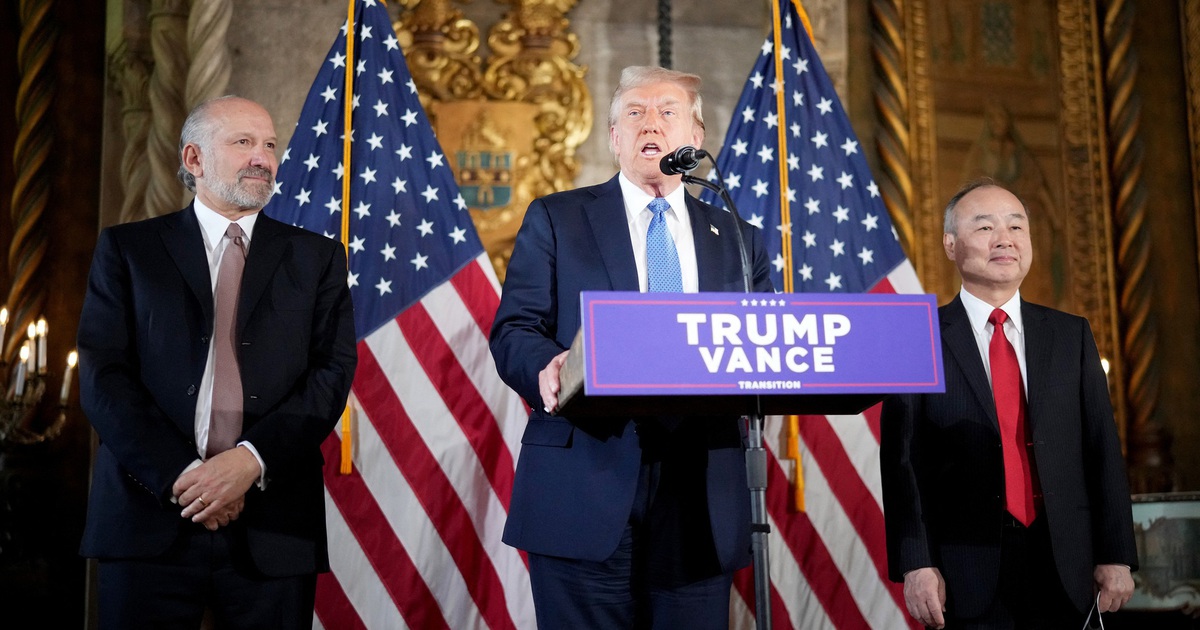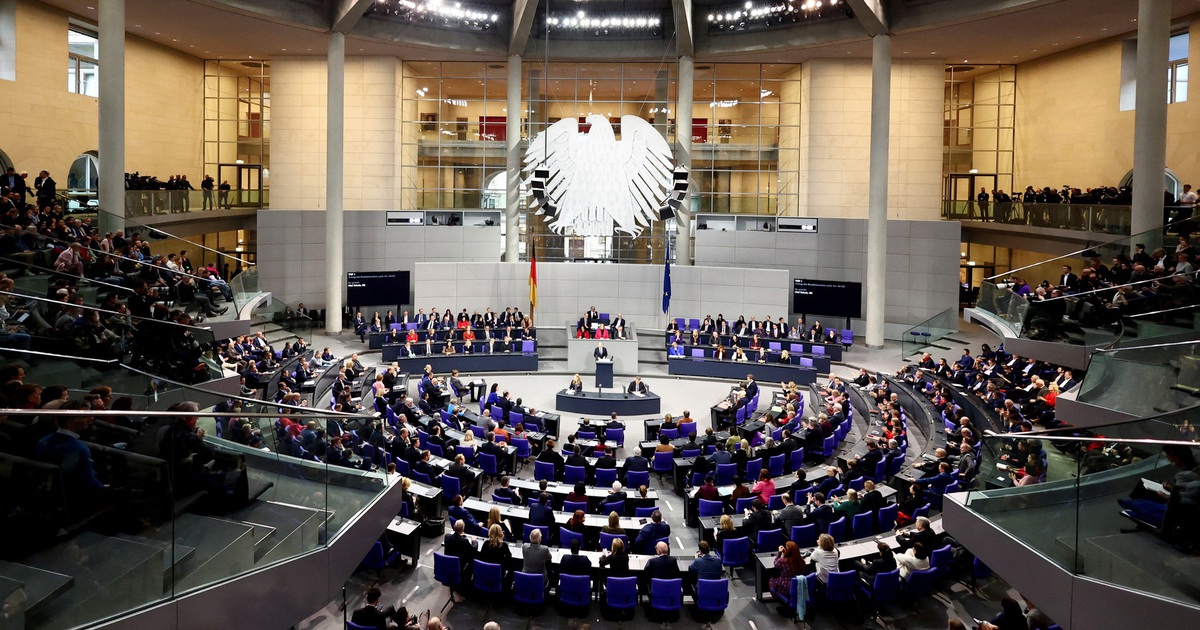Romania’s pro-European parties will form a government coalition to nip in the bud any option for the extreme right to come to power after the legislative elections on December 1. In addition, these formations have agreed to work to present a common candidate in the next presidential elections, scheduled for the first quarter of 2025. Last Friday, the Constitutional Court annulled the elections for the head of state, held in the first round on November 24, after revealing a campaign of “Russian hybrid attacks” in favor of the winning candidate Calin Georgescu.
The Social Democratic Party (PSD) and the National Liberal Party (PNL), parties that currently govern in coalition, together with the Union Save Romania (USR), the Democratic Union of Hungarians of Romania (UDMR) and the Parliamentary Group of the Minorities (which includes 19 representatives) signed a statement in which they expressed “their firm commitment to the formation of a pro-European majority in the Romanian Parliament, a pro-European Government and the support of a possible common pro-European candidate in the presidential elections.”
These formations meet again this Wednesday to finalize details, but according to close sources, the presidential candidate will not be any of the leaders who sat at the table of the main factions: nor Marcel Ciolacu, current prime minister and leader of the PSD; nor Ilie Bolojan, president of the PNL; nor, in principle, Elena Lasconi, from USR. However, it would be surprising if the latter was not the candidate, since she obtained second place in the first round of the presidential elections, behind the ultranationalist and pro-Russian, Calin Georgescu, who won with almost 23% of the votes. The parties will first establish the candidate’s profile and then analyze voters’ preferences through surveys in the coming days.
The five factions account for more than 65% of the seats in both the Chamber of Deputies and the Senate. The rest falls to the three extremist parties: the Alliance for the Union of Romanians (AUR) – second in the parliamentary elections with 18.3%, behind the PSD with 22.3% -, SOS and the Party of the Older People (POT).
“In the coming days, the four parties and the representatives of national minorities will work on a common government program, based on development and reforms and that will take into account the priorities of the citizens,” the five parties assured through the release.
After the meeting, the first reaction came from Lasconi, who hopes to get out of the situation generated by the rise of the extreme right in the country: “Romania is going through a very difficult time. But we overcame it calmly, with firm measures and dialogue.” Lasconi, mayor of Campulung, a small town of about 27,000 inhabitants, an hour and a half from Bucharest, posted on Facebook: “I will do everything in my power so that Romanians do better, so that they live in peace and security in the country we love.”
The Constitutional Court’s annulment of the presidential elections has revealed the country’s divisions. The court validated the first round on November 24, in which Georgescu won ahead of Lasconi, but the revelations of the secret services, summoned by the current president of the country, Klaus Iohannis, motivated a flood of resources from several institutions. The Constitutional Court finally paralyzed the electoral process last Friday, two days before the second round. The information revealed by intelligence suggests that the pro-Russian candidate Georgescu benefited from a massive influence operation from abroad to interfere in the result.
Iohannis has confirmed that he will continue to lead until a new Executive is formed, which will be the one who decides the date of the repetition of the presidential elections to continue calming down.

